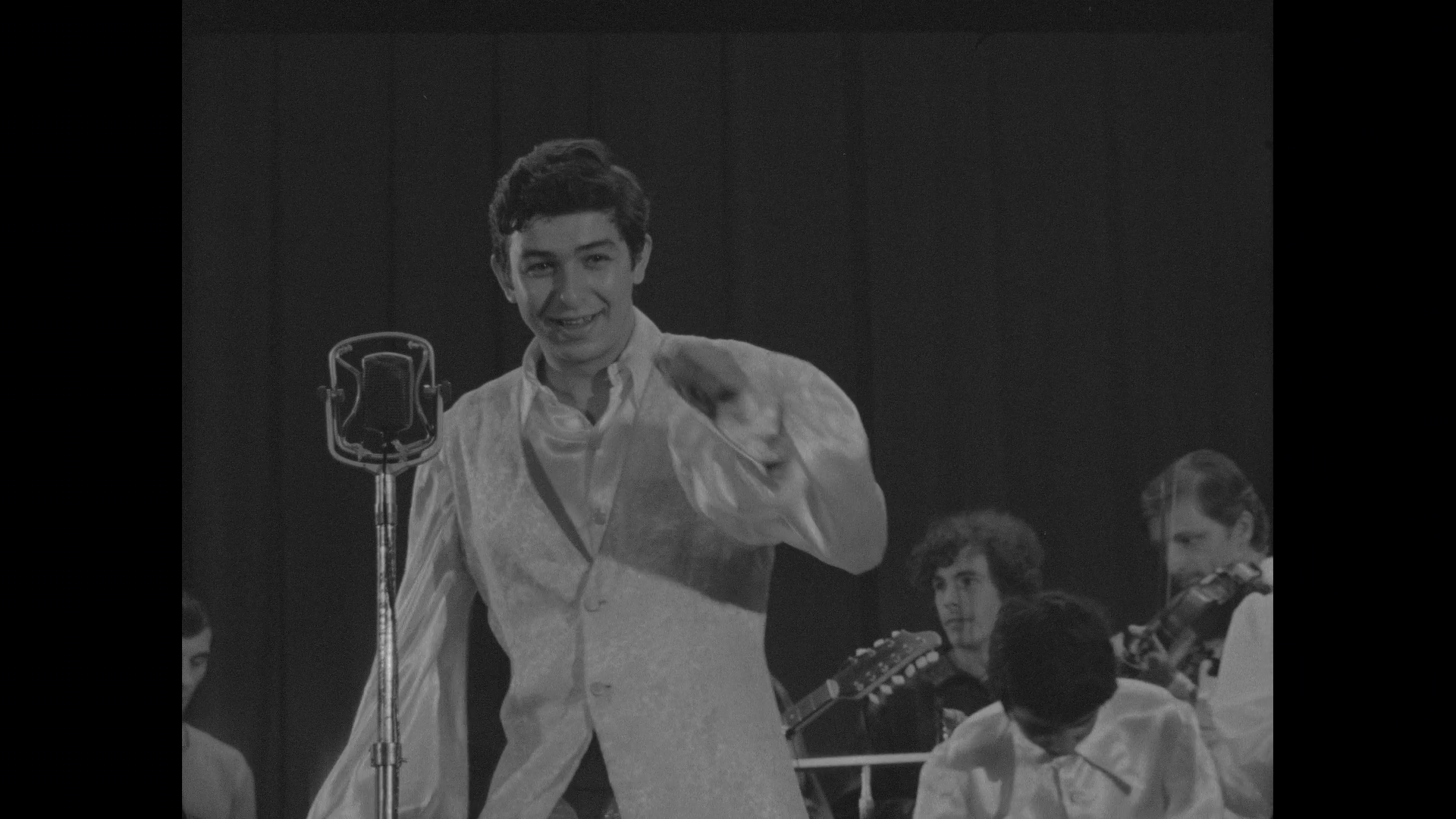
(2.8)
ALE NADZIEJA JEST W INNYM KOLORZE
[But Hope Is of a Different Colour]
Screenplay and direction: Abdelkader Lagtaa
Duration: 7 min
Year: 1972
Silent
Film format: 35mm
Camera: Jerzy Oborski
Production : PWSFTviT / documentary study
A portrait of a Romani family living in Łódź, the hardships of everyday life, and the young musician Kola’s performances at a music hall. The mother of Kola takes care of her younger brothers and sisters and their father, who is imprisoned in a Łęczyca jail.
“I also made a poem about gypsies, a documentary: Hope Is of a Different Colour [1972]. It’s a line from a poem I wrote, about a family I got to know while location scouting. They were a sedentary family, tinkering for a living. For example, they’d go to the corner store to buy fabric, then sell it as expensive imported cloth. They were forced to become sedentary. They had a separate neighbourhood in Łódź, at the edge of town. And they got by, they sang. They were on the fringes of society. I wanted to offer a critical view of Polish society through them.
Abdelkader Lagtaa, 2019
Technical details
Screenplay and direction: Abdelkader Lagtaa
Duration: 7 min
Year: 1972
Silent
Film format: 35mm
Camera: Jerzy Oborski
Production : PWSFTviT / documentary study
synopsis
A portrait of a Romani family living in Łódź, the hardships of everyday life, and the young musician Kola’s performances at a music hall. The mother of Kola takes care of her younger brothers and sisters and their father, who is imprisoned in a Łęczyca jail.
Intentions
“I also made a poem about gypsies, a documentary: Hope Is of a Different Colour [1972]. It’s a line from a poem I wrote, about a family I got to know while location scouting. They were a sedentary family, tinkering for a living. For example, they’d go to the corner store to buy fabric, then sell it as expensive imported cloth. They were forced to become sedentary. They had a separate neighbourhood in Łódź, at the edge of town. And they got by, they sang. They were on the fringes of society. I wanted to offer a critical view of Polish society through them.
Abdelkader Lagtaa, 2019










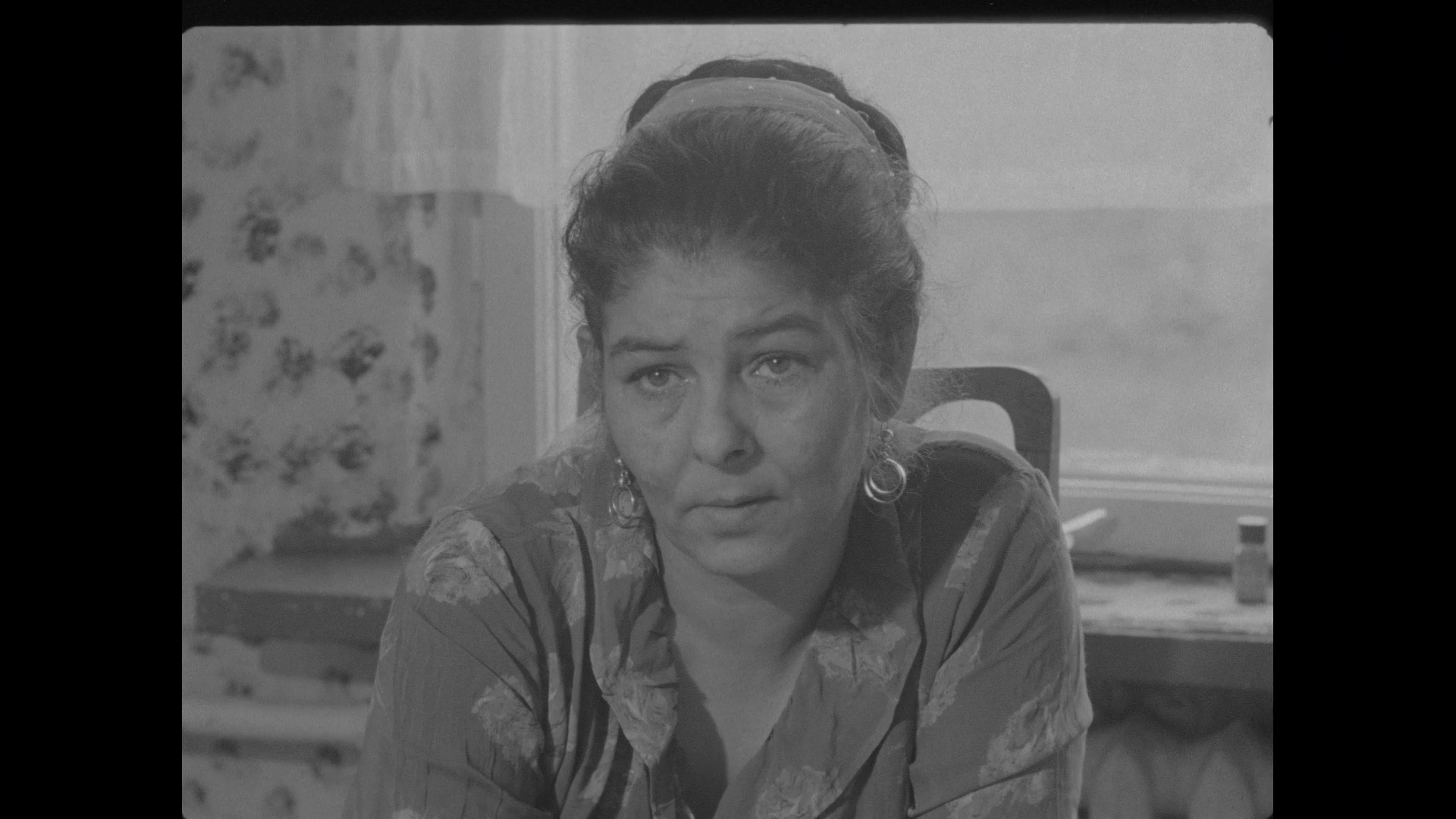
Copyright © 2020 / Léa Morin — CINIMA3 / Talitha
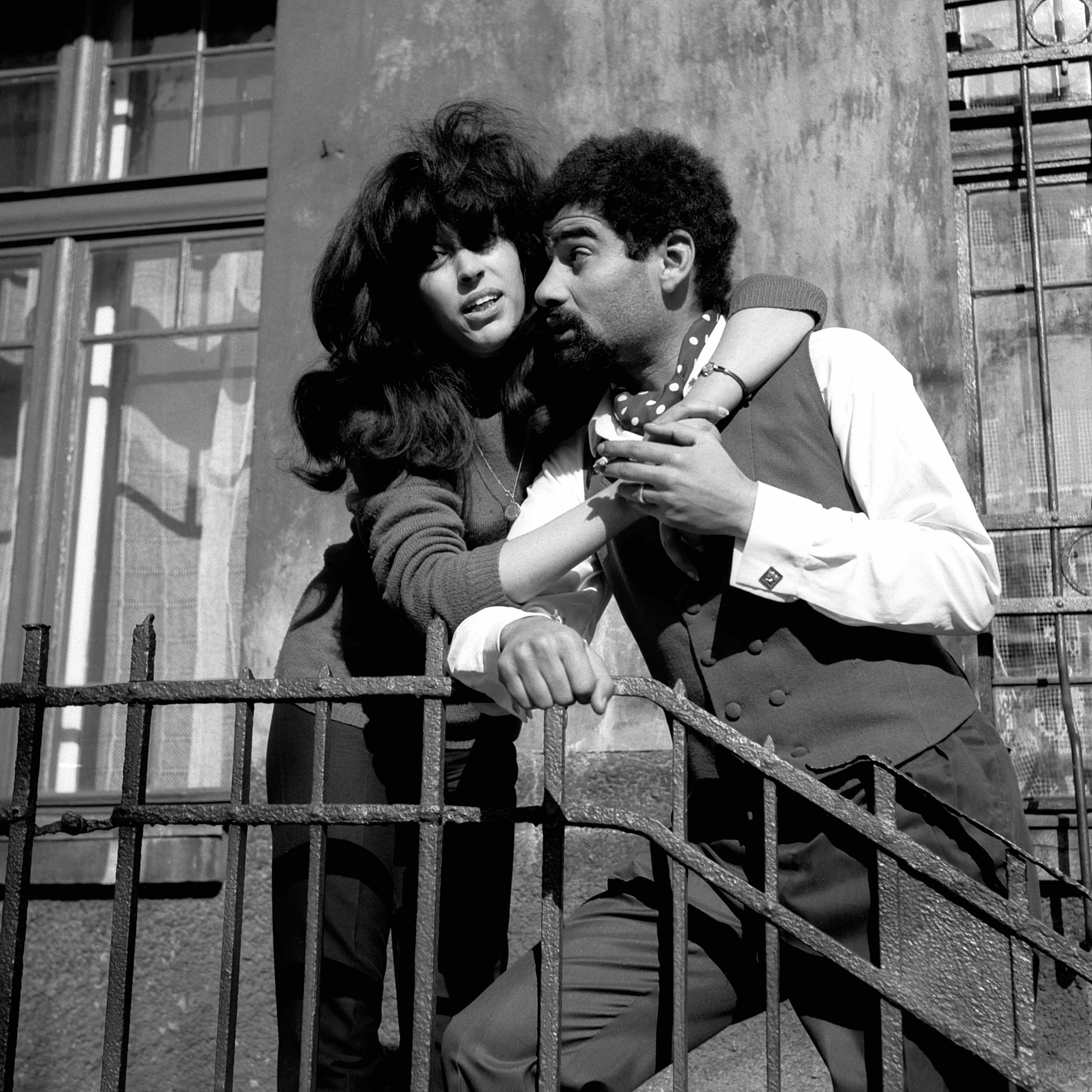 2.1
2.1 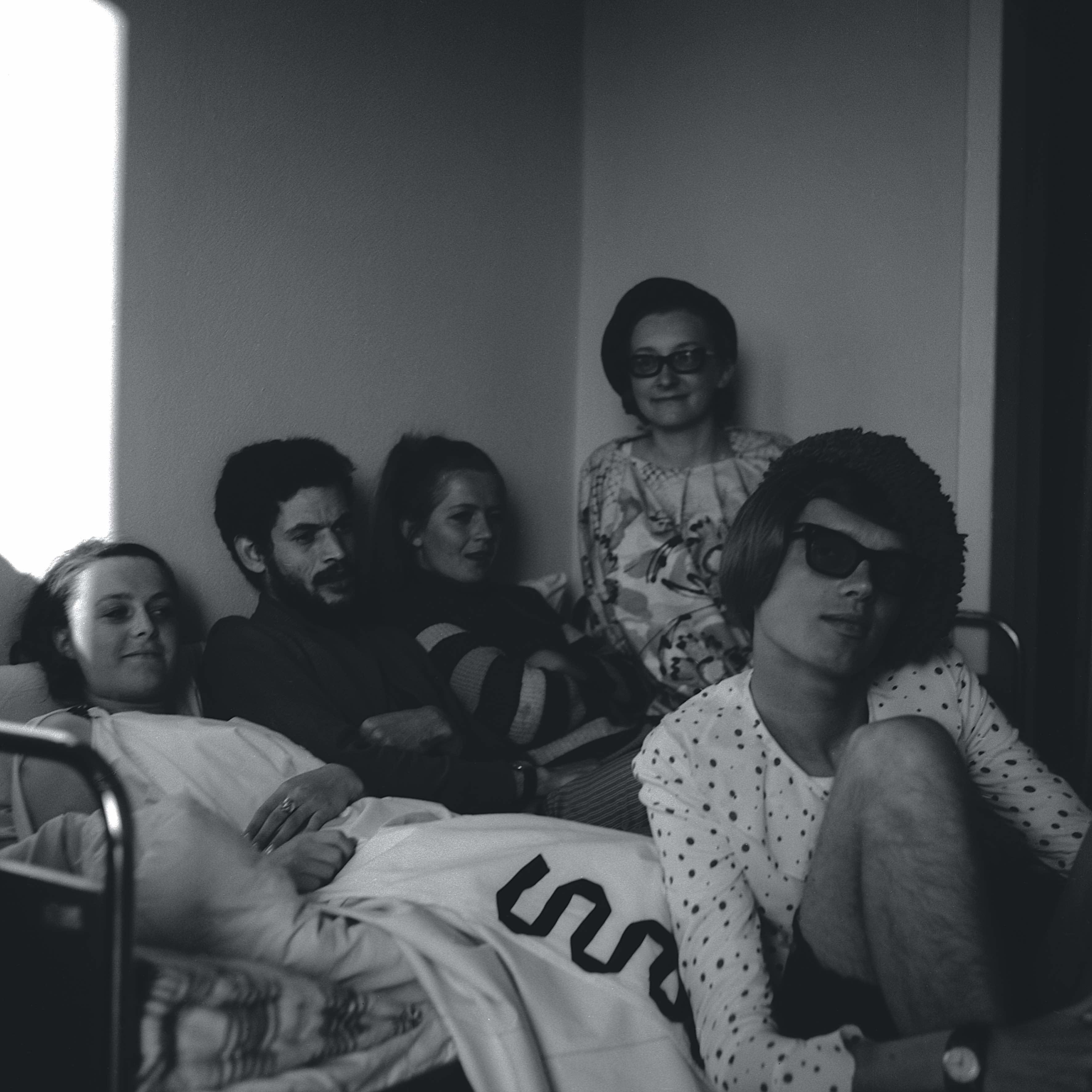
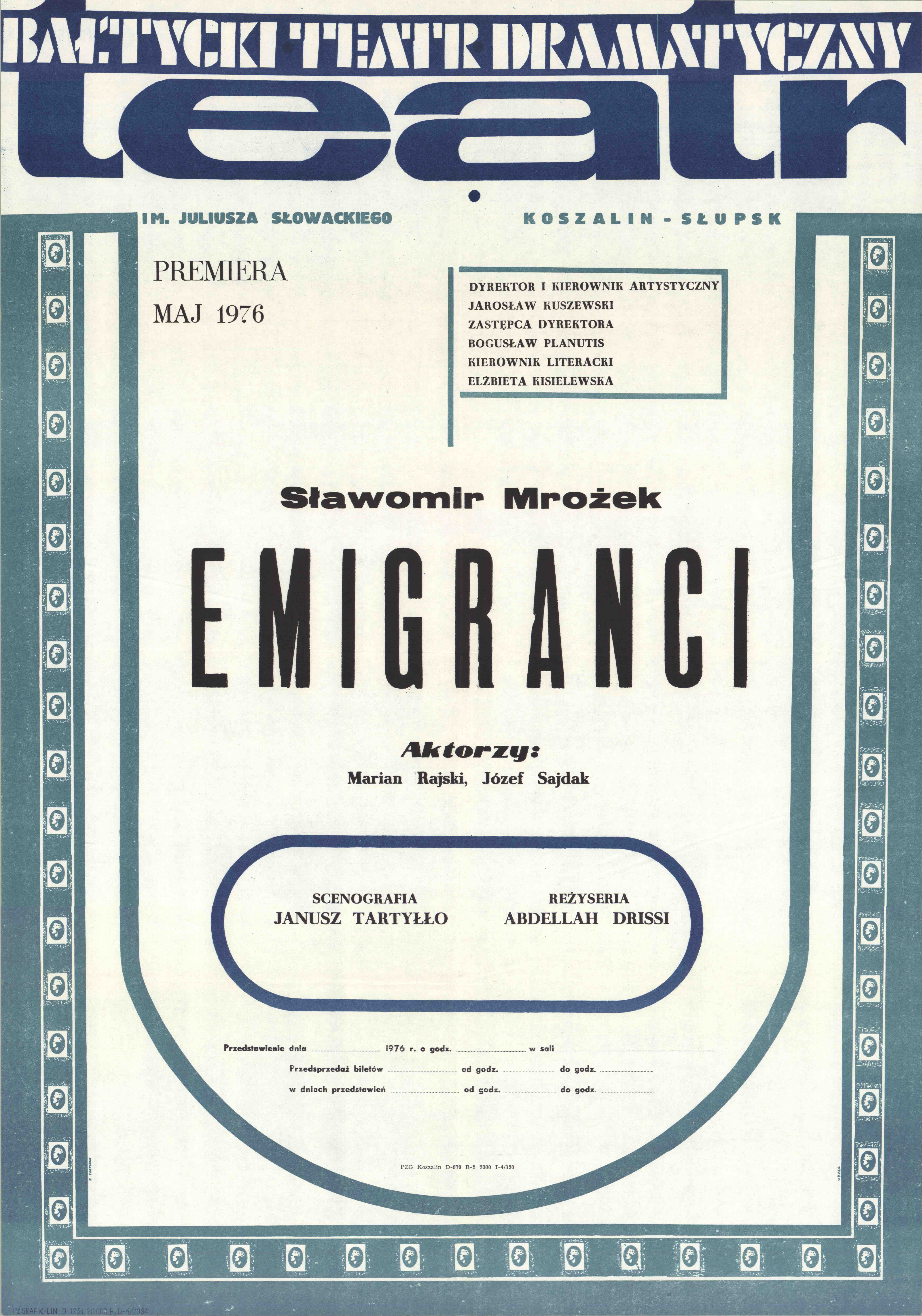

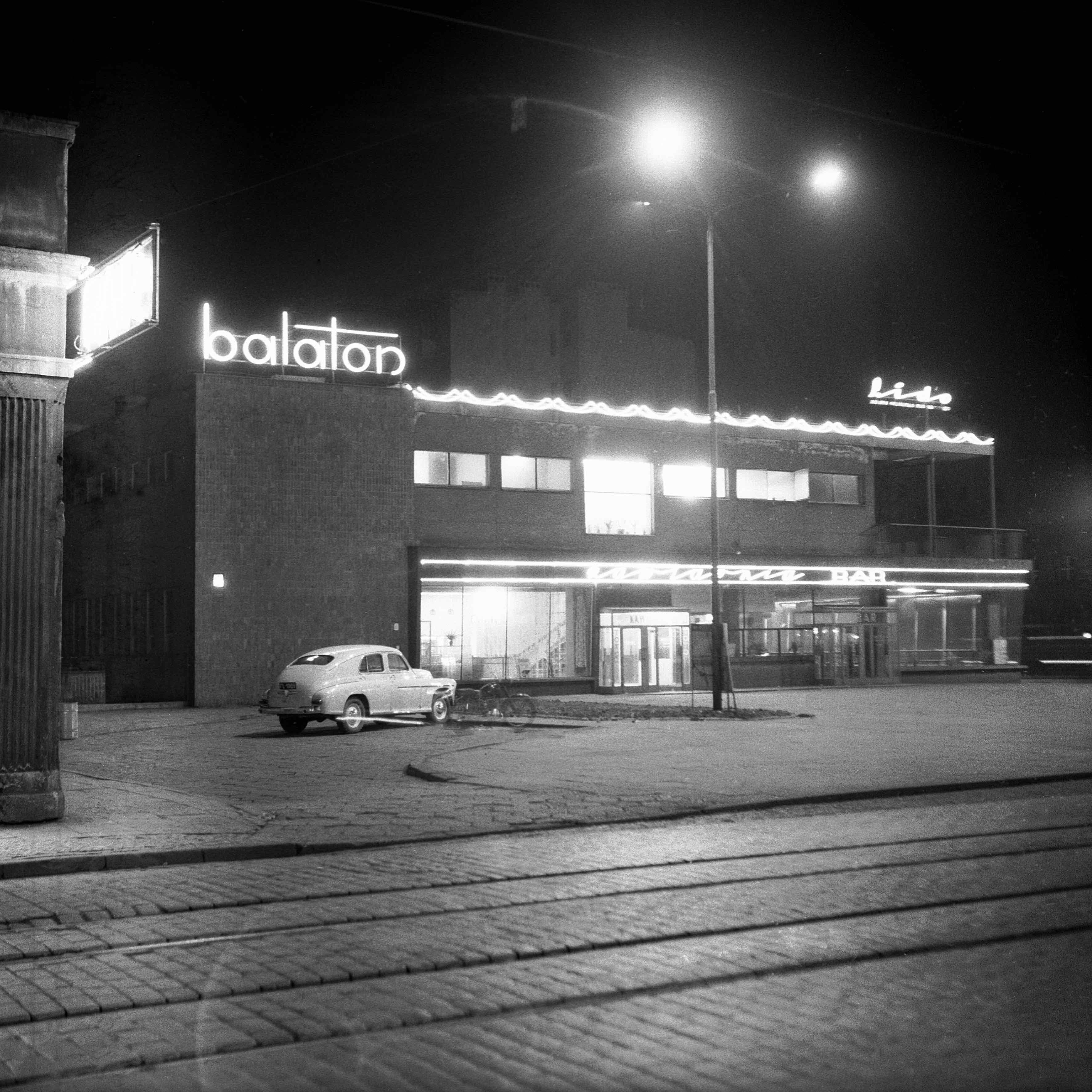
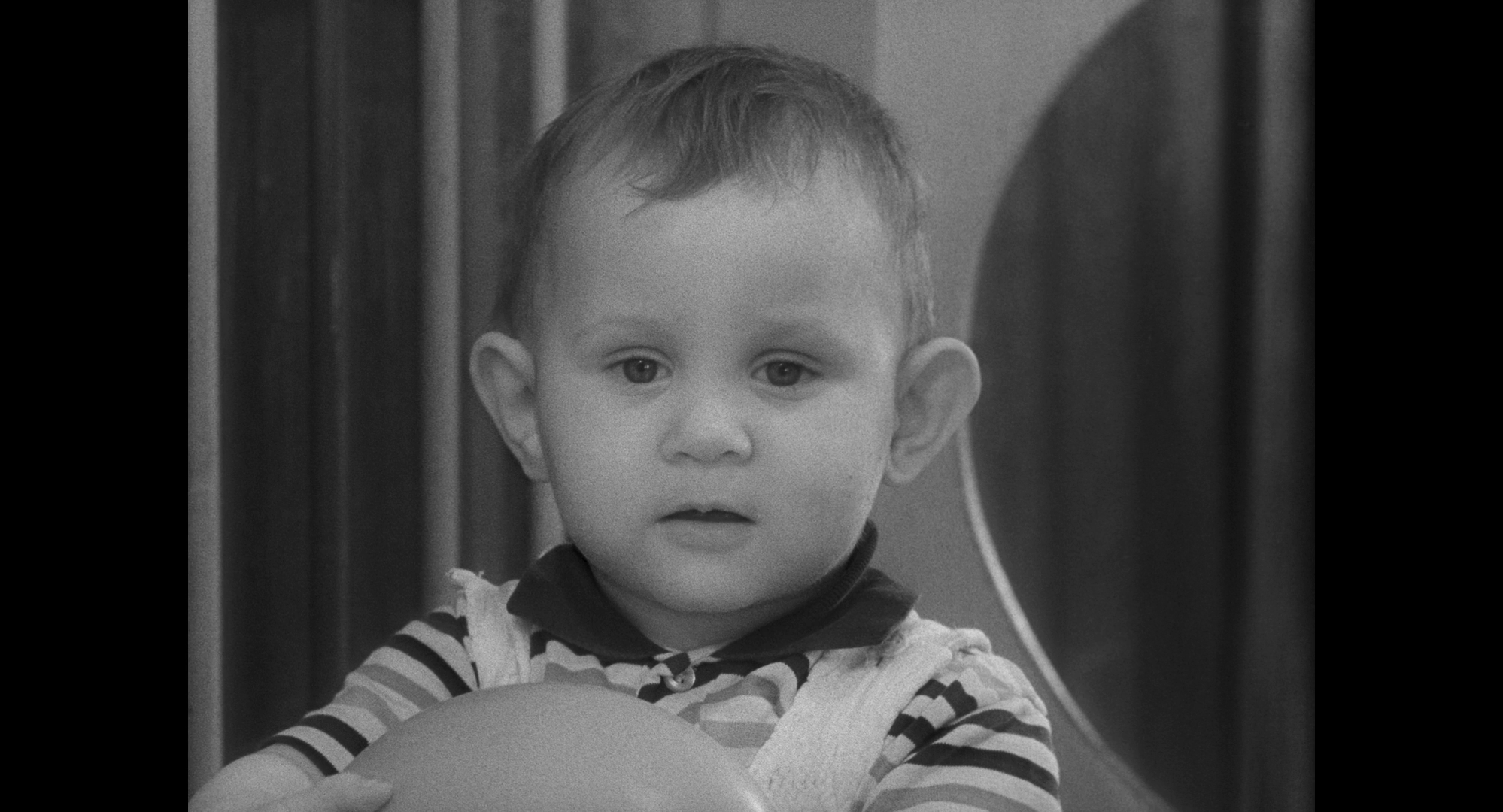
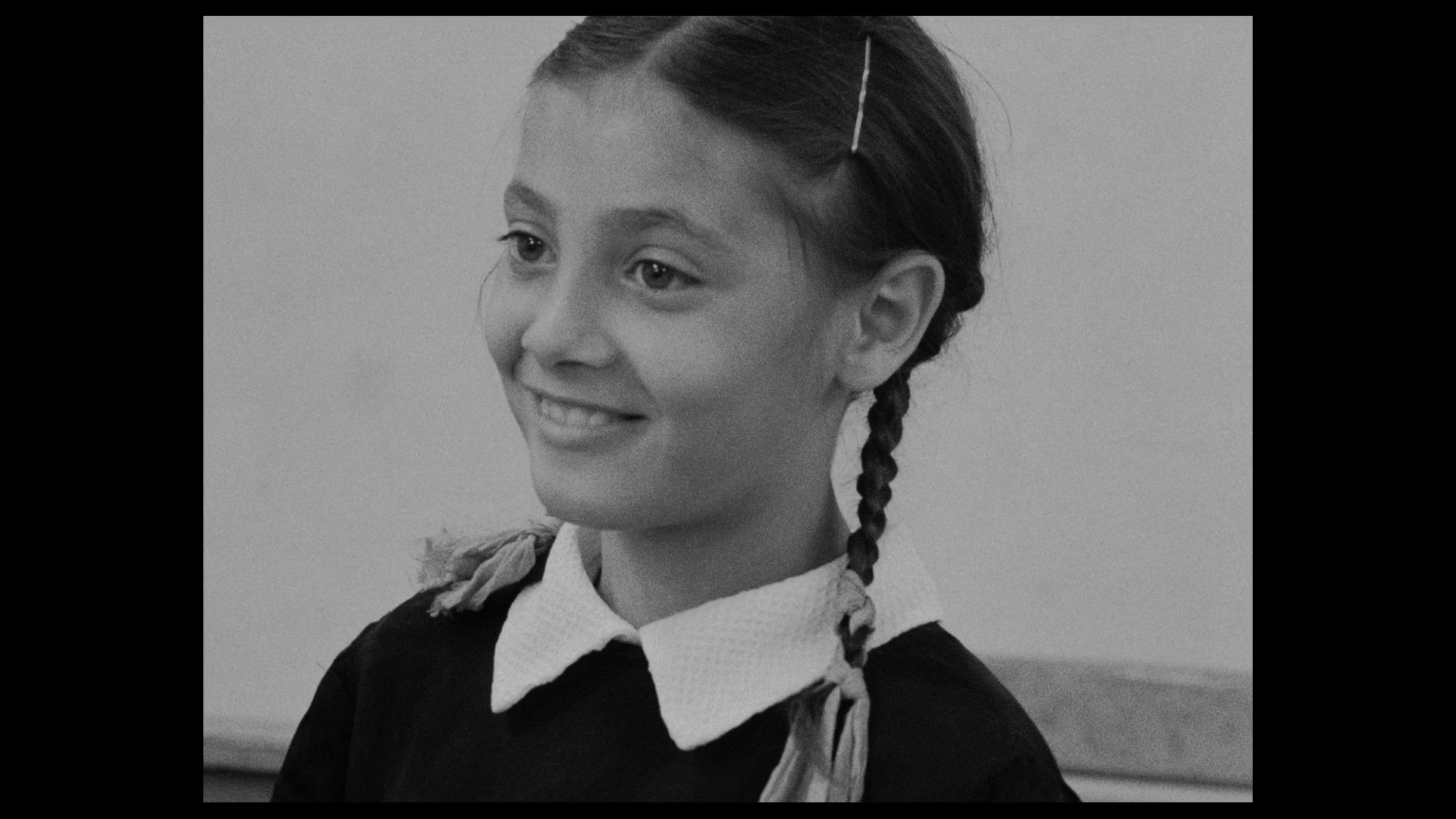 2.7
2.7 